Brown, wilted patches in your lawn, even after watering, are frustrating. Many homeowners assume they’re dealing with drought, but these symptoms may actually point to something much more destructive: chinch bugs. A chinch bug lawn infestation can quietly turn a green lawn into a patchy, brittle yard if left unchecked. These common pests are active in hot, dry weather and prefer already stressed lawns, compounding the damage they cause.
What are chinch bugs? How do they damage turf? And what are the most effective strategies for chinch bug treatment? In this blog post, we’ll answer those questions. We’ll also share expert tips on prevention to help you maintain a healthy, pest-free lawn year-round.


 Branch Finder
Branch Finder





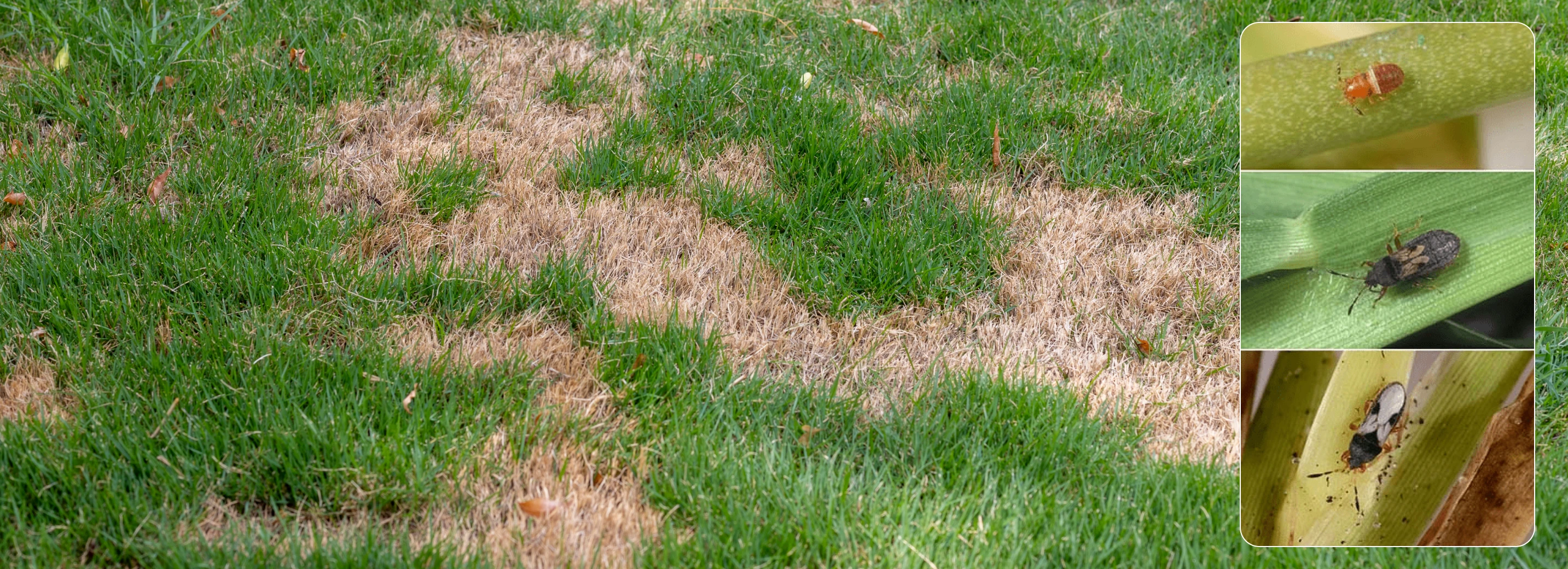




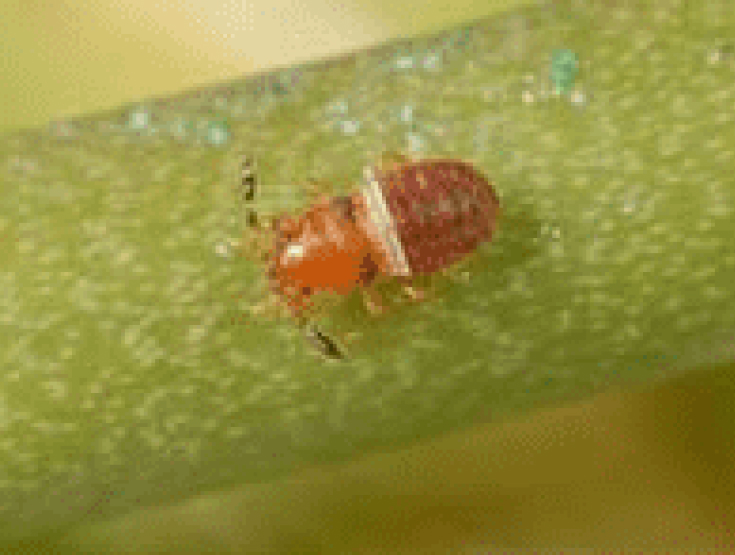
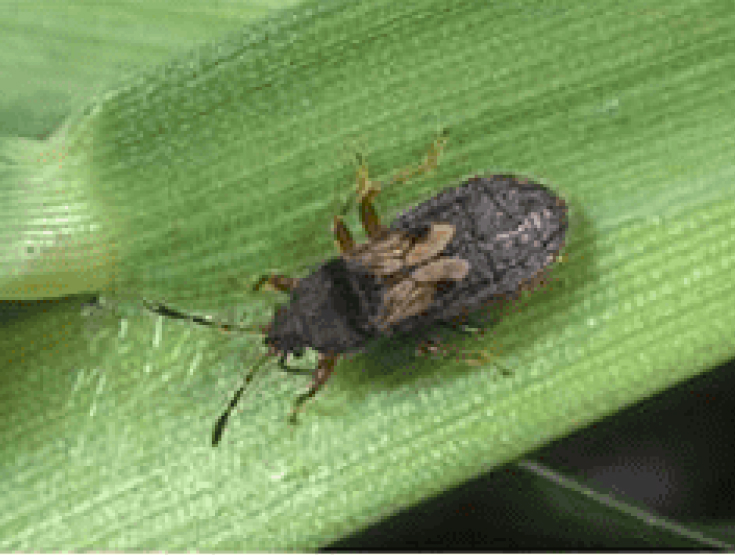


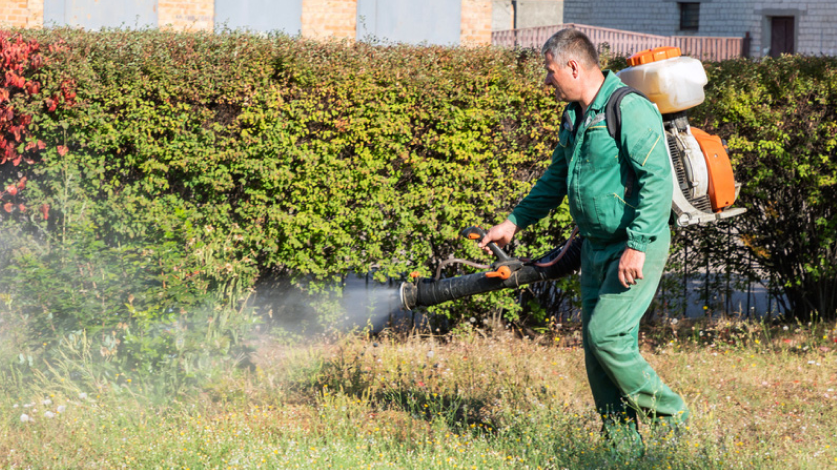
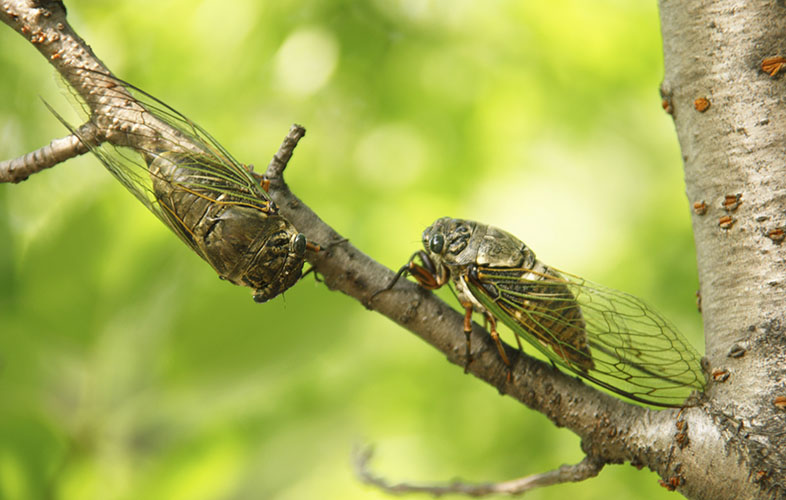
 Back to all blogs
Back to all blogs

Facebook
X
Youtube
Copy Link
Email